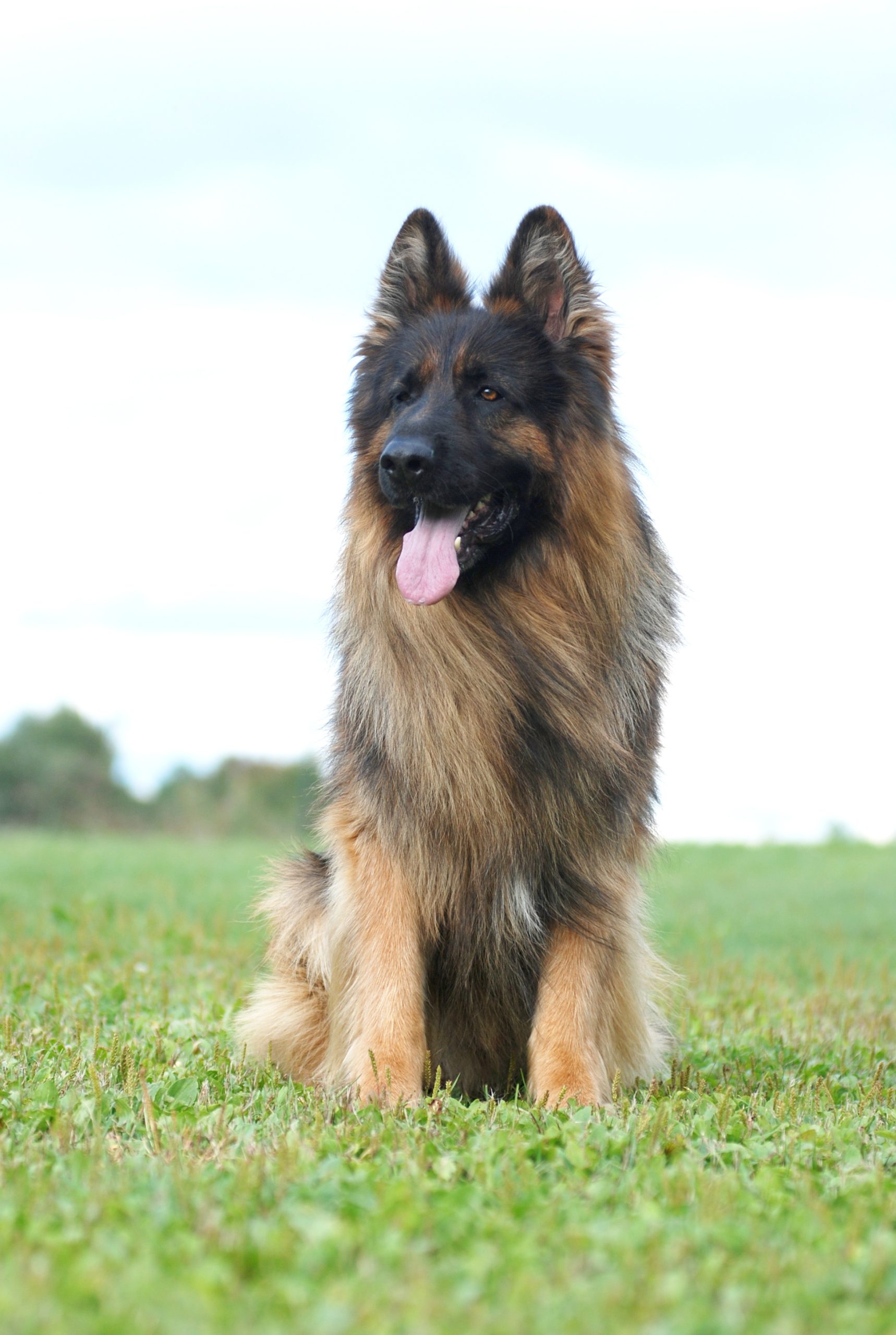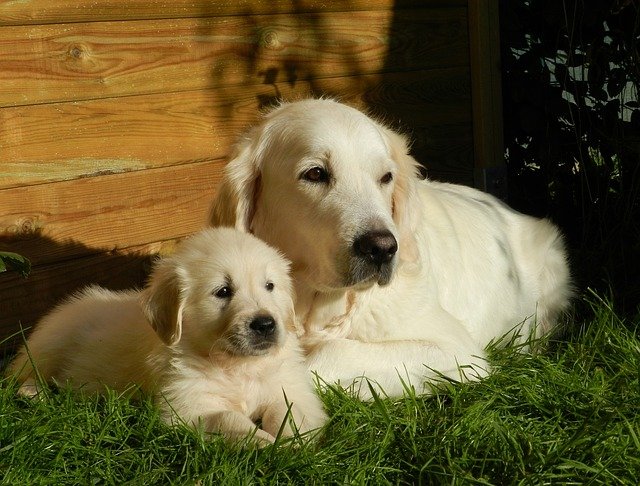Dog training is an essential part of owning a dog. It helps your furry friend understand what you expect from them and how they can behave appropriately in different situations. One of the most common issues that dog owners face when it comes to training their pets is potty training. In this blog post, we will discuss some of the mistakes people make while potty training their dogs and how you can avoid them.
Common Mistakes People Make When Potty Training Their Dogs:
1. Not providing enough opportunities for your puppy to go outside: Puppies have small bladders and need to relieve themselves frequently. If you don’t take your pup out often enough, they may end up having accidents inside the house. To avoid this mistake, take your puppy out every hour or two during the day, and first thing in the morning and before bedtime.
2. Punishing your dog for having accidents: Many pet parents get frustrated when their pups have accidents indoors. However, punishing your dog after the fact won’t help them learn not to do it again. Instead, focus on praising your dog when they go outside to use the bathroom correctly.

3. Not being consistent with commands: Consistency is key when it comes to dog training. If you want your dog to respond to certain commands, such as “go pee” or “do your business,” you must be consistent with those phrases. Using different words or tone of voice can confuse your dog and slow down the training process.
4. Ignoring early signs of distress: Your dog may show signs of discomfort or anxiety when they need to go to the bathroom but are unable to hold it any longer. Pay attention to these signals, such as whining, pacing, or sniffing around, and take your dog outside immediately.
5. Relying too much on crate training: While crate training can be helpful for housetraining, it should not be used exclusively. Crating your dog for long periods can lead to separation anxiety and other behavioral problems.
The Best Way to Potty Train Your Puppy:
The best way to potty train your puppy is through positive reinforcement. This means rewarding your dog when they perform desired behaviors, like going outside to use the restroom. You can also teach your dog to associate specific cues with going to the bathroom, such as taking them outside when they wake up or right after eating. Be patient and consistent, and always provide plenty of opportunities for your puppy to go outside.
Obedience Training for Your Dog:
Obedience training is another important aspect of dog training. It helps establish boundaries and teaches your dog to listen to your commands. Some basic obedience skills include sitting, staying, coming when called, and walking on a leash without pulling. Obedience training can also improve your relationship with your dog and enhance communication between you both.
How Many Days Per Week Should You Train Your Dog:
It depends on the age and breed of your dog, but generally speaking, you should aim to train your dog at least three to five days per week. Regular practice will help solidify the lessons learned and prevent bad habits from forming. Remember to keep sessions short and fun so that your dog remains engaged and motivated.
Finding the Best Puppy Training Method:
There are many different methods for training puppies, including clicker training, lure-reward training, and positive reinforcement training. The best method for your dog will depend on their temperament, learning style, and individual needs. Research various techniques and consult with professional trainers if necessary to find the one that works best for you and your dog.
Indoor Puppy Training Tips:
If you live in an apartment or condo, you might not have easy access to an outdoor space where your puppy can relieve itself. In this case, you’ll need to rely on indoor training options. Here are some tips to help you succeed:
1. Choose a designated area for your puppy to eliminate indoors, such as a corner of the kitchen or laundry room.
2. Use potty pads or newspapers to cover the floor of the designated area.
3. Take your puppy to the designated area regularly throughout the day, especially after meals or naps.
4. Praise your puppy when they eliminate in the correct spot and clean up promptly afterwards.
Stop Your Puppy from Chewing Things:
Chewing is a natural behavior for dogs, but it can become problematic when they chew on inappropriate objects, such as shoes or furniture. To stop your puppy from chewing things they shouldn’t, here are some strategies to try:
1. Provide appropriate chew toys and rotate them regularly to keep your puppy interested.
2. Supervise your puppy closely and redirect their attention away from forbidden items towards acceptable ones.
3. Teach your puppy the command “leave it” and practice using it consistently.
4. Consider crate training or baby gates to restrict your puppy’s access to off-limits areas.
Popular Questions
What is Common Mistakes People Make When Potty Training Their Dogs: and how does it work?
At its core, Common Mistakes People Make When Potty Training Their Dogs: refers to the process or practice of Common Mistakes People Make When Potty Training Their Dogs: in a defined context. In a simple project you might allocate 5–10 hours to learn and experiment with basic techniques. For example, someone starting out could focus on one key activity and measure how it improves their results. Understanding these mechanics helps you plan budgets, pick tools, and set realistic expectations.
How do you get started with Common Mistakes People Make When Potty Training Their Dogs:?
- Research at least two reputable sources to learn the fundamentals of Common Mistakes People Make When Potty Training Their Dogs:.
- Gather essential materials and set a small budget (for example, $50) for supplies.
- Create a step-by-step plan and dedicate 30 minutes each day to practice.
- Track your progress in a journal or spreadsheet and adjust based on what you learn.
What tools or supplies do you need for Common Mistakes People Make When Potty Training Their Dogs:?
Most projects involving Common Mistakes People Make When Potty Training Their Dogs: require a handful of basic tools. A beginner should obtain at least three of the following: a measuring tape or ruler, a reliable container or workspace, and a notepad or digital app for tracking data. Depending on your focus, you might also need a timer or specific handheld tools like a trowel or screwdriver. Starting with these essentials keeps costs manageable and lets you focus on technique.
